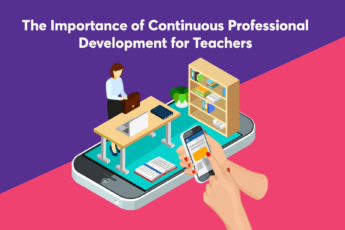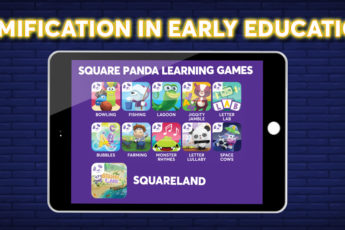5 Ways School Field Trips Enhance Learning

A good education begins with holistic development. All too often, parents’ focus tends to be on academics and not on activities that promote physical, emotional, social, and intellectual well-being. However, field trips are an essential part of a child’s education. They give insights and opportunities that are otherwise non-existent within the four walls of the school premises. Field trips act as catalysts for learning, as they encourage children to acquire knowledge through their senses, practice skills and apply information that has been absorbed, thus leading to better retention in their long-term memory.
Field trips can be arranged for any grade level, but are often done at the elementary and middle school levels. They are a great way to get students excited about learning.
Here’s why:
Hands-on Experience
Field trips allow students to experience hands-on learning opportunities. Classrooms are often not equipped with all the tools necessary for students to thoroughly understand what they are learning about in class. However, during a field trip, they can experience real-life situations that enable them to apply what they have learned in class.
By going to different places and experiencing different things, students can better understand concepts such as art, history, or geography that would otherwise seem abstract if only explained through classroom lectures. Field trips also stimulate students to use their imagination and make connections between what they’ve learned in class and real-world applications. For example, if your child’s class were studying ancient civilizations during one semester and then took a trip to a museum where they saw artifacts from those cultures, it would reinforce what they were learning in class. The same applies if your child’s class studied ocean life during an afternoon at the aquarium, or had a discussion about environmental issues after visiting an environmentally friendly farm.
Moreover, field trips also help students learn about the world by exposing them to new environments, cultures, and people. This can help foster an appreciation for diversity in our society.
Better Teacher-Student Relationship
Field trips are also an excellent way for teachers to get out of their classrooms and into the community where they work with students every day. This allows them to interact with other teachers outside of school hours – which can lead to stronger relationships within their school community, as well as building new ones with other local businesses and organizations.
Field trips help teachers connect with their students on an emotional level. When teachers take their classes on field trips, they get to know their students in ways that they don’t usually do when simply teaching them in a classroom setting. Teachers can use this connection to motivate their students to learn more about whatever topic they’re studying at the time of the trip.
Foster Collaboration
Students learn more when they work together. Field trips provide an opportunity for students to collaborate on a project or task, which fosters their ability to work together. This can be challenging for some students, especially those new to the school or those who have difficulty communicating with their classmates.
Field trips encourage teamwork and collaboration between students. When students are faced with new challenges, such as finding their way around a strange place, they have to work together to overcome them. This is a valuable skill for students to develop, as it will help them succeed later in life.
Field trips also allow teachers to see how their students interact with others in different settings and environments than they’re used to at school. This gives teachers insight into how their students will behave at other events like sporting events or concerts — valuable information that can help them better plan future activities for the class!
Develop Life-Skills
Students build self-confidence by exploring new places and situations on their own. Most children are not used to being away from home or school for long periods, so taking them on a field trip can be a great way to boost their confidence levels and provide them with an exciting experience they will never forget!
Field trips enable students to use their problem-solving skills in real-life situations where there isn’t always a correct answer or an immediate solution available at hand. Students may need to think outside the box to complete their tasks successfully during these types of activities.
Improve Learning Outcomes
Field trips involve students in their own education. By taking students out into the world around them, teachers allow them to become active participants in their own learning instead of passive recipients of information fed to them by their instructors. A field trip lets students ask questions about what they see and interact with other people who may live in different places around the world — experiences that can significantly enrich their perspective on life and increase their knowledge base.
Field trips also give students a chance to practice skills they’ve learned in class, such as reading maps, following directions and interacting with strangers. This helps solidify what they’ve learned in class, making it easier to remember when they’re back at school.
At Square Panda, we believe holistic development is the best way to prepare the students of today for the challenges of tomorrow. To know more about our work, visit ecce.squarepanda.in




Leave a Comment